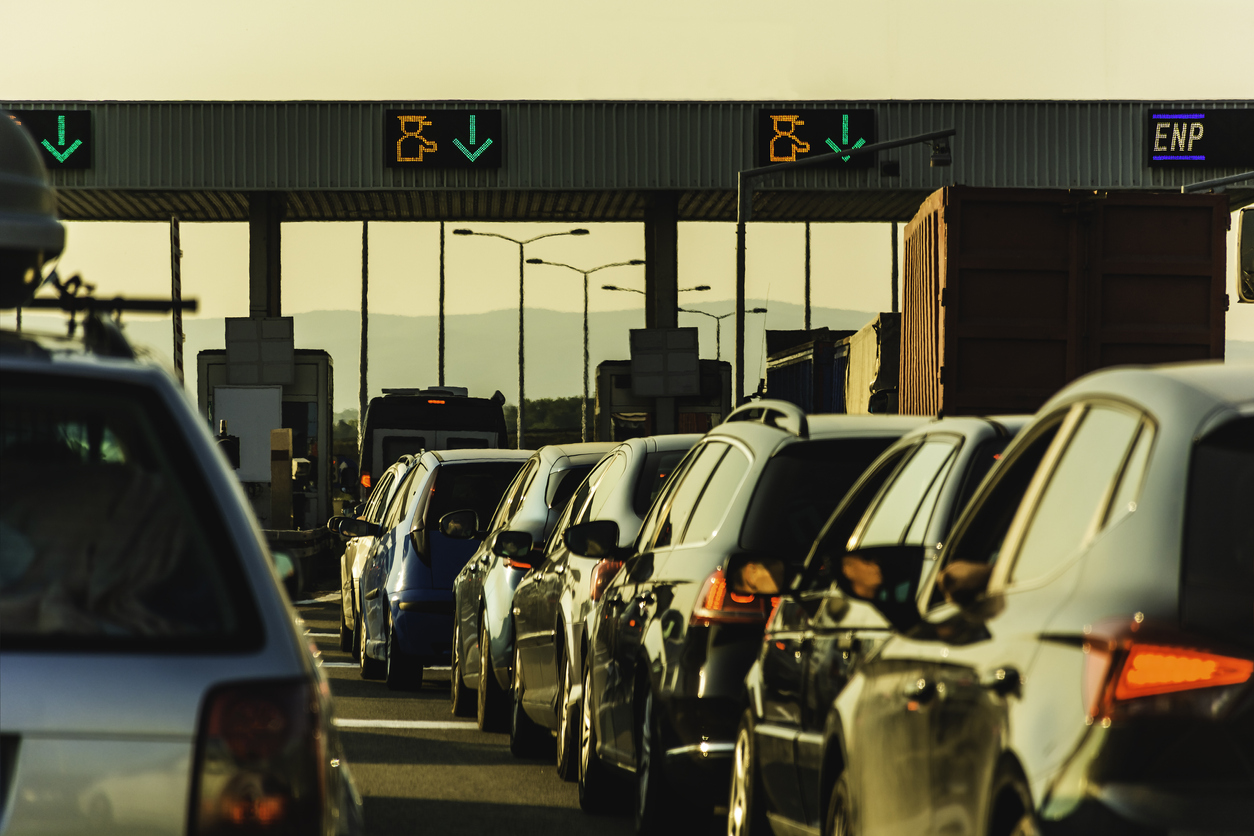- February 29, 2024
- 2 minutes read
New York City Proposes Congestion Fee: What You Need to Know

In an effort to tackle traffic congestion and provide crucial funding for public transportation, New York City has proposed implementing a congestion fee for drivers entering certain parts of the city. Most drivers in private cars could face a congestion fee of at least $15, or $22.50 if they are not enrolled in a regional toll collection program. This fee would be in addition to existing tolls for river crossings, such as the Lincoln or Holland tunnels.
The plan aims to reduce traffic jams, decrease air pollution, and generate approximately $1 billion annually for the city’s subway and bus systems, which serve about 4 million riders daily. If finalized, New York City would become the first U.S. city to adopt such a congestion pricing scheme, joining global cities like London, Stockholm, Milan, and Singapore.
However, the proposal has faced criticism and challenges from various groups. Public school teachers, Manhattan business owners, suburban commuters, and civil servants are among those expressing concerns about the potential impact on their daily lives and the local economy. Some worry about the additional financial burden, while others raise questions about exemptions and the effectiveness of the plan.
Supporters argue that the congestion fee is essential for maintaining New York City’s reliance on mass transit and addressing long-standing transportation challenges. They point to the success of similar schemes in other cities and emphasize the importance of investing in sustainable infrastructure.
As the proposal undergoes public hearings and legal challenges, the debate over New York City’s congestion fee continues, with stakeholders voicing diverse perspectives on its potential benefits and drawbacks.
